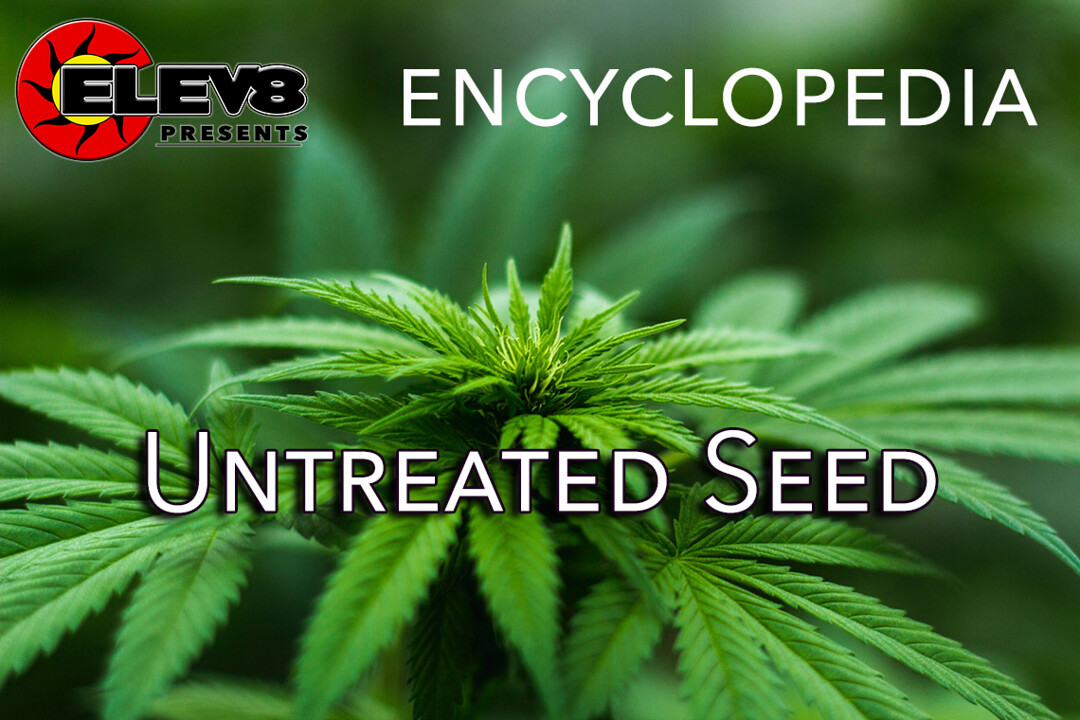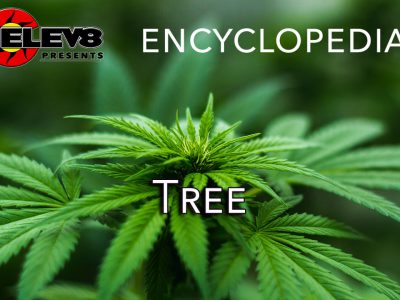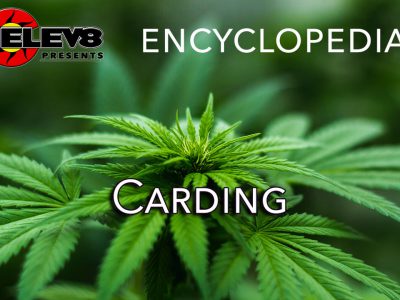What does Untreated Seed mean?
Untreated seeds are seeds that have not been processed using any physical, biological, or chemical techniques prior to being packaged and sold at garden centers. This is in contrast to treated seeds.
If growing using untreated seeds, it is important to only plant them in ideal growing conditions to ensure a productive yield and on-time germination. Because untreated seeds haven’t received any helping hands from treatment prior to planting, they require ideal soil conditions, otherwise they may not stand up to harsher conditions.
Untreated seeds are often used by growers and farmers who are looking to grow certified-organic crops.
More On Untreated Seed
Unlike treated seeds, untreated ones do not undergo any kind of processing prior to being packaged.Contrary to popular belief, plants grown from untreated seeds are not necessarily or automatically devoid of chemical contaminates. This is because growers who work with these seeds tend to use larger quantities of organic chemicals throughout the growth stages to make up for the lack of treatment the seeds received.
In the long run, treated seeds help prevent the use of harsher chemicals later, and end up saving growers money than if they were to use untreated seeds.
In some cases, seeds need to undergo pelleting and priming in order to save growers both time and money. Treated seeds have also been known to yield larger crops than untreated ones. Priming seeds can optimize uniformity once the plant starts to emerge, which is why several larger-scale farmers prefer to opt for treated seeds. Some examples of seed treatments not found in untreated seed include adding colorants to detract birds, adding fungicide washes to ensure healthier germination, and adding microbial washes to protect young plants from pathogens.







